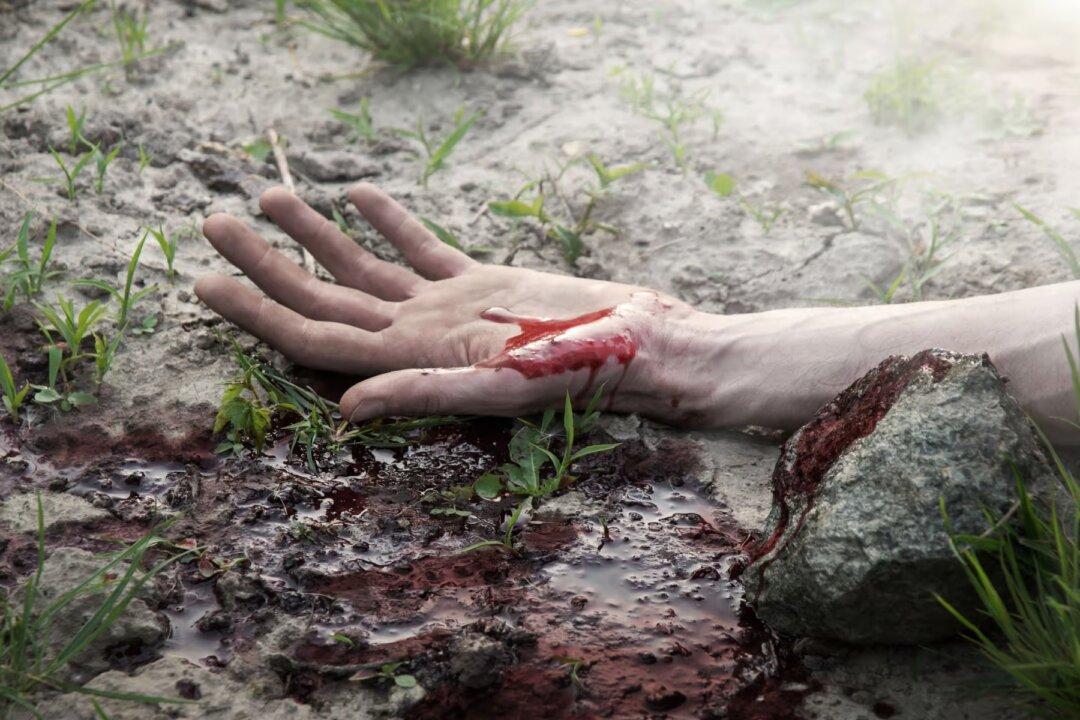Commentary
Corporate bankruptcies in the United States just hit the largest rate since the worst of the lockdowns. It’s a reflection of a wild boom and bust fed by $8 trillion in stimulus plus crazy impositions that broke supply chains and destabilized normal work patterns. Some of the winners are now losers, and many of the businesses destroyed along the way will never come back.





